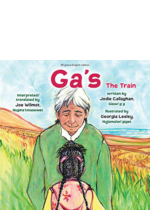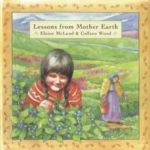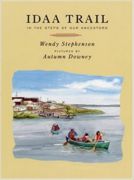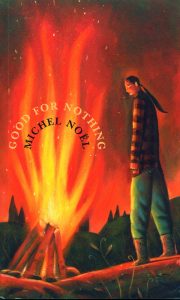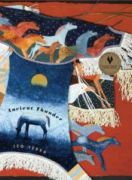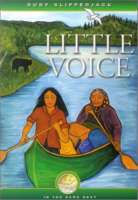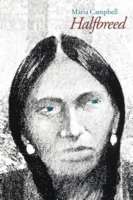In each new adventure, Putuguq and Kublu learn about an element of Inuit mythology from their Elders, sometimes using what they learn to get the best of each other!
Putuguq and Kublu are at their grandparents’ house for lunch―caribou stew, Putuguq’s favourite! Putuguq’s worn out (and stinky!) kamiik remind his grandparents of the story of the amautalik and the orphan, a traditional story about a little orphan who outsmarts a child-stealing ogress. Grandmother’s storytelling over lunch starts Putuguq’s imagination running wild….
After lunch, Putuguq and Kublu decide to act out the story their grandmother has just told. But, for Putuguq, this is no ordinary play. He is determined to prove his fearlessness to an unsuspecting Kublu… with a little help from his stinky socks!

